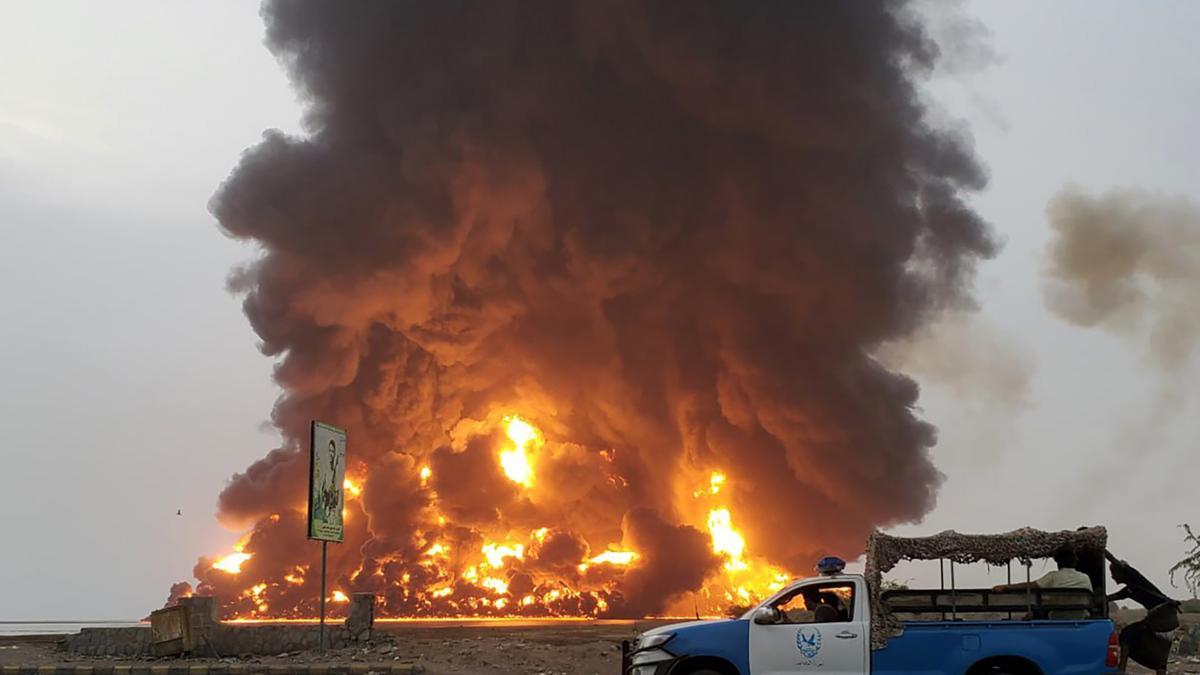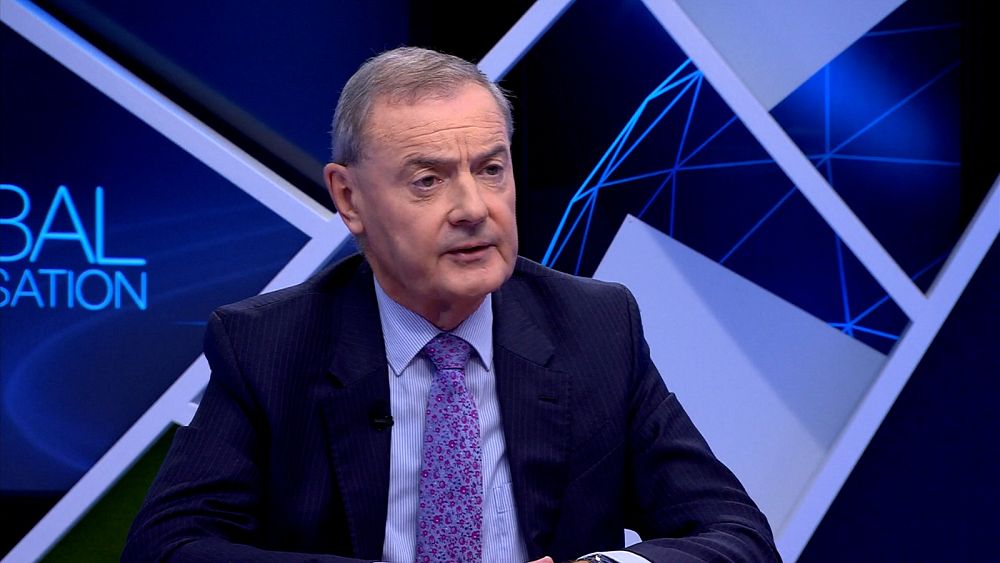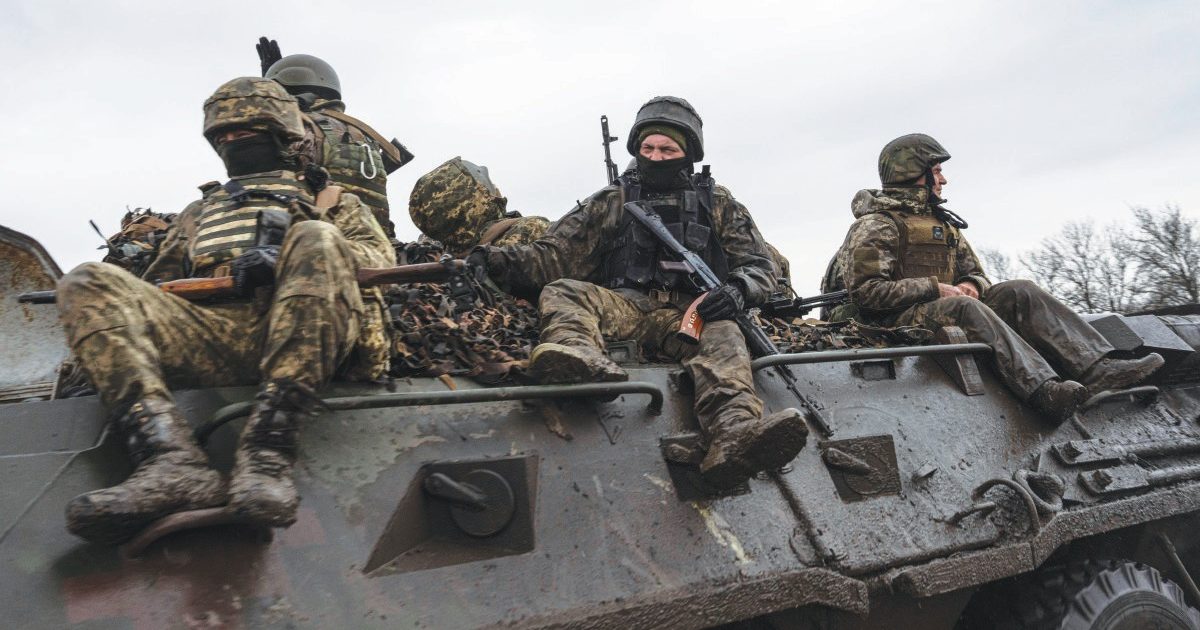The focus of the Middle East conflict shifted this weekend from the Gaza Strip to the Red Sea, raising alarms about a potential escalation in this other regional hotspot. Yesterday, Yemen’s Houthi rebels threatened a “massive response” to a fifth bombing of the port of Hodeidah, which left at least six dead and 80 wounded. The Iran-backed rebel group said it had fired “several ballistic missiles” at the southern Israeli coastal town of Eilat during the morning, in response to the Israeli military’s attack, which in turn was in response to the Houthi drone’s launch against Tel Aviv on Friday.
Houthi military spokesman Yahya Saree said in a statement that the missiles were fired at “important targets” in Eilat, which he did not specify, in a “successful” operation. He also said they fired “several ballistic missiles and drones that hit” a Liberian-flagged container ship transiting the Red Sea toward Malaysia. “We have every right to defend our beloved Yemen against American and British aggression, as well as Israeli aggression,” Saree said, referring to Saturday’s attack and a joint bombing campaign by Washington and London in mid-January against Houthi positions to protect cargo ships on the important sea route.
For its part, the Israeli army announced that it had intercepted a surface-to-surface missile over the Red Sea “that was approaching Yemen.” The projectile did not enter Israeli territory, but sirens went off in Eilat in anticipation of possible shrapnel.
Front against Iran
The Israeli attack on Saturday on Houthi positions in the port city of Hodeidah targeted oil depots and a power plant at the port, where the pro-Iranian rebels launch most of their attacks on Israel and the main route for weapons they receive from Iran. Firefighters continued to put out the blaze on Sunday.
“Like Hamas and Hezbollah, the Houthis are an integral part of the Iranian axis of evil,” Israeli Prime Minister Benjamin Netanyahu said last night. “This axis is not only working against Israel, but also threatening peace in the entire world.” Shortly after, Foreign Minister Israel Katz insisted on the need to form an international front against the Iranian threat. “Iran is endangering world peace and must be stopped now, before it is too late,” Katz wrote on the X Network.
Saudi Arabia’s concern
Since mid-November, the Houthis have launched more than 200 missile and drone attacks against Israel, though most have been intercepted. None, until Friday’s attack on Tel Aviv, has been deadly or caused significant damage.
Saudi Arabia, a major player in the war in Yemen, expressed its support for the recognized government against the Houthi rebels yesterday, expressing its “deep concern” over the attack that took place on Saturday in Hodeidah and considered it “increases tension” in the Middle East while “harming efforts to reach a ceasefire in Gaza.” The Saudi Foreign Ministry called in a statement to keep “the region away from the dangers of war.”
In turn, the Tehran government condemned the attack on the port of Hodeidah and warned against “the escalation and expansion of the war as a result of dangerous Israeli adventures.” Iranian Foreign Ministry spokesman Nasser Kanaani added: “The oppressed but strong Yemeni people are paying the price for their noble support for innocent people, including women and children in Gaza.”

“Freelance social media evangelist. Organizer. Certified student. Music maven.”



